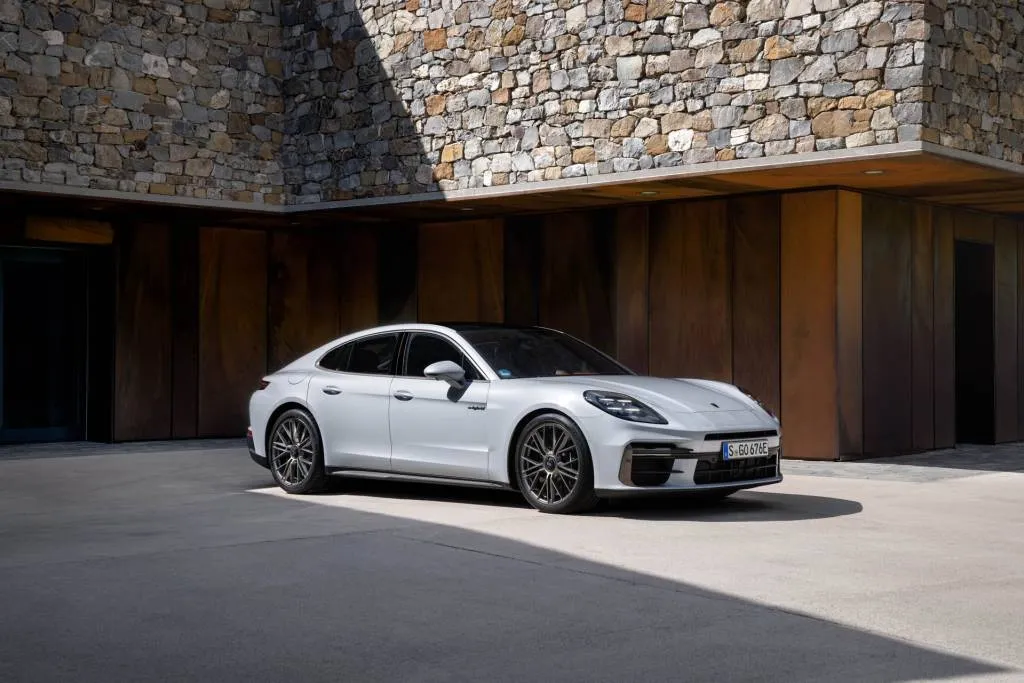- The hype surrounding plug-in hybrids isn't translating to sales
- PHEVs only accounted for 1.9% of 2024 sales so far
- EVs have accounted for 9.4% of 2024 new vehicle sales
As automakers emphasize plug-in hybrids as a hedge against EV uncertainties, consumer interest may be cooling, a new J.D. Power study indicates.
Between January and August, plug-in hybrids represented just 1.9% of total U.S. new-car sales, compared to 10.7% for conventional hybrids and 9.4% for EVs, according to J.D. Power's data set. And it's not because there aren't many to choose from: J.D. Power counted 41 plug-in hybrid models available in the U.S. during that period, compared to 39 hybrids and 60 EVs.
The study did find that plug-in hybrids tend to cost more than hybrids or fully electric vehicles. The average transaction price for a plug-in hybrid compact SUV sold between January and August was $48,700, compared to $37,700 for a compact SUV with a conventional hybrid powertrain and $36,900 for an all-electric compact SUV. Previous studies have noted high cost as an obstacle to EV sales, so perhaps a similar mechanism is working here.

2025 Mitsubishi Outlander Plug-in Hybrid
This is in the context of lower customer satisfaction among plug-in hybrid buyers, according to J.D. Power. In its most recent U.S. Electric Vehicle Experience Ownership Study, the J.D. Power rated overall satisfaction with plug-in hybrids at 669 out of 1,000 points. Both mass-market and premium EVs scored higher, at 716 points and 738 points, respectively. That might be because plug-in hybrids command a premium over non-hybrid models, but don't typically differ dramatically in design, analysts reason.
Automakers have been turning to plug-in hybrids as a way to meet stricter emissions standards while waiting for EV sales to grow further. Audi is still rolling out EVs in anticipation of going all-electric in future, but plans to refocus on plug-in hybrids in the near term. General Motors has hinted that it may resurrect some of the technology pioneered with the Chevrolet Volt to meet tighter EPA emissions rules going into effect in 2027.

2025 Porsche Panamera Turbo S E-Hybrid
These plug-in hybrid plans make more sense when taking a global view. Plug-in hybrid sales have been quite strong in China—the world's largest new-car market—where they combined with EVs to outsell gas-powered cars in July.
The real downside to automakers' retrenchment with plug-in hybrids may be mediocre performance when it comes to emissions reductions. Plug-in hybrids are at their cleanest when they're regularly plugged in, and with no way to ensure that owners actually do that, studies have shown that they pollute more than billed.











